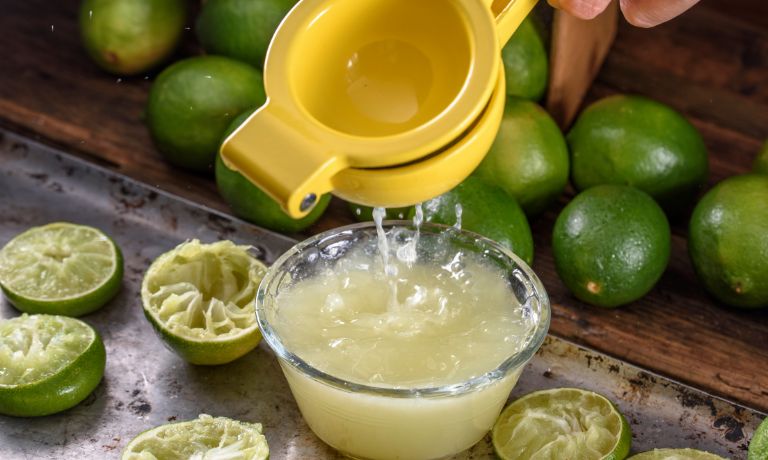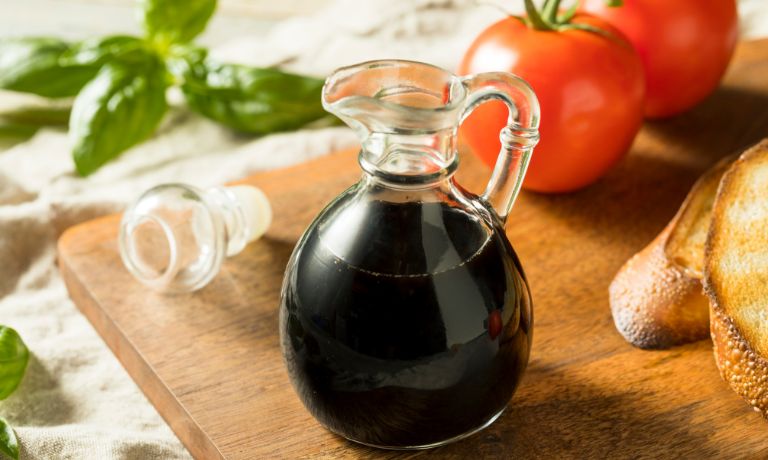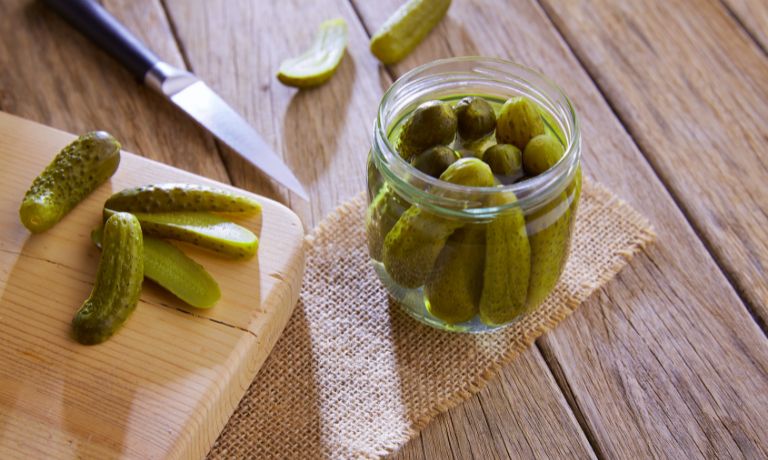Are you trying to make a flavorful twist on your favorite classic dip?
It can be difficult to determine what ingredient to use as a substitute for lemon juice in hummus.
Fortunately, there are various ingredients you can use that provide the same sweetness and tangy flavor as the popular citrus fruit.
In this blog post, we’ll explore some of those substitutes and how they can help you create fresh and delicious homemade hummus without bitter aftertaste.
What Is Hummus?
Hummus, a well-liked dip originating from the Middle East, is prepared by combining cooked and mashed chickpeas with tahini, lemon juice, olive oil, garlic, and salt.
It can be enjoyed as an appetizer, dip for vegetables or pita bread or served as a main course along with other dishes.
It is high in protein and fiber and low in fat, making it a nutritious and filling snack.
It is also vegan-friendly and can be used as an alternative to mayonnaise or other spreads in sandwiches.
Hummus is a tasty way to get more plant-based protein into your diet.
Experiment with different flavors like roasted red pepper or sun-dried tomato, for a delicious twist.
Hummus is easy to make at home and can be refrigerated for up to five days to enjoy it all week.

Substitutes For Lemon Juice In Hummus
While the tartness of freshly squeezed lemon juice adds an essential flavor to hummus, several alternative options can be used:
Lime Juice
Lime juice is a citrus fruit extract that can be used as an acidic ingredient in many recipes.
It has a unique flavor and aroma that sets it apart from other sour ingredients like lemon juice.
In hummus, lime juice is often used instead of lemon juice to bring out the subtle flavors of chickpeas, tahini, garlic, and other ingredients.
It can give a vibrant flavor to the dish, and it also helps cut through some of the richness of the tahini.
Lime juice adds a subtle tartness complementary to hummus and will round out its flavors perfectly.

Balsamic Vinegar
Balsamic vinegar is made from white grapes cooked and then aged, usually in wooden barrels.
It has an intense sweet-sour flavor and is used to enhance the flavor of many dishes.
Balsamic can be used in hummus to give it a more complex flavor profile.
It adds an earthy, umami-rich flavor to the dish without too much acidity.
It also pairs well with other ingredients in hummus, such as tahini and garlic.
When using balsamic vinegar, taste test regularly and adjust the amount accordingly so that it doesn’t overpower the other flavors of the hummus.

Malt Vinegar
Malt vinegar is made from malted barley, fermented to create an acidic liquid. It has a distinctive flavor that is strong yet slightly sweet.
Malt vinegar can be used instead of lemon juice in hummus, giving it a little extra zest and tangy flavor.
It is often combined with olive oil for a more complex taste.
Malt vinegar can also season potatoes, salads, and fish dishes.
It is a great addition to any dish that needs a bit of acidity or sweetness for balance.
Be sure to use it sparingly, however, as too much can overpower the natural flavors in the dish.

Orange Juice
Orange juice is a fruit juice made from the citrus fruit, orange. It can be freshly squeezed or bought in ready-to-drink cartons or bottles.
Orange juice is often used as an ingredient in cooking and baking and for beverages to add flavor and sweetness.
Orange juice can be a substitute for lemon juice in hummus to add a sweet and slightly tart flavor.
It can be added to the hummus mixture while blending with other ingredients such as tahini, garlic, olive oil, and cumin.
The amount used will depend on personal preference; however, too much may make it overly sweet.
When using orange juice in hummus, it is important to note that it may affect the texture of the dip.

Sherry Vinegar
Sherry vinegar is aged wine made from white or red sherry.
It has a full-bodied flavor with sweet and nutty undertones, making it a popular choice for marinades, dressings, sauces, and other dishes.
In hummus recipes, sherry vinegar can be used instead of lemon juice to add complexity and depth of flavor.
It adds a slightly sweet and fruity taste to the classic garlic-tahini combination while balancing out chickpeas’ bitterness.
When using sherry vinegar in hummus, it’s best to start with a small amount and gradually add more, depending on your preference.
You can add a pinch of sugar to the mixture for an added sweetness hint.
White Vinegar
White vinegar is an acidic liquid made from fermented grains or fruits.
It has a sour, sharp taste and can range in color from clear to light yellow.
White vinegar is commonly used in cooking as a flavoring agent, preservative, and cleaning solution.
In hummus recipes, white vinegar is often used as an ingredient that helps to bring together the flavors of the dish.
It can help to balance out the nutty and savory taste of the chickpeas while also providing just enough acidity to make the flavors pop.
Additionally, white vinegar adds a subtle tanginess that pairs well with other traditional hummus ingredients like tahini and olive oil.

Pickle Brine
You can also use pickle brine to substitute for lemon juice in hummus.
It is the liquid in which pickles are stored. It is made by soaking cucumbers in vinegar, salt, and spices.
The acidity of the brine helps to preserve the pickles while imparting flavor.
Pickle brine can be used as an ingredient in hummus to give it a tangy, salty flavor profile.
It can be added directly to the hummus ingredients or used to replace some liquid in a recipe.
Adding pickle brine will make your hummus extra flavorful and unique.
Hummus with pickle brine is especially good when served with warm pita bread or fresh veggies for dipping.

FAQs
Can Lime Replace Lemon Juice In Hummus?
Yes, you can replace lemon juice with lime juice in hummus.
Some people find that lime tastes more tart and acidic than of lemon, so it may be necessary to adjust the number of other ingredients used to balance the flavor.
Can Apple Cider Vinegar Replace Lemon Juice In Hummus?
Yes, you can replace lemon juice with apple cider vinegar in hummus.
The acidity of the vinegar will give your hummus a similar flavor profile to what you’d get from using lemon juice.
Can Sour Cream Replace Lemon Juice In Hummus?
No, sour cream cannot replace lemon juice in hummus.
The tartness of lemon juice gives hummus its classic flavor and helps to balance out the other ingredients.
Conclusion
Hummus is a delicious and nutritious snack that can be enjoyed hot or cold.
Experimenting with different flavors and ingredients can make it even more enjoyable.
There are several options to substitute for lemon juice in hummus, such as lime juice, balsamic vinegar, malt vinegar, orange juice, sherry vinegar, white vinegar and pickle brine.
No matter which substitutes you choose, the result will be a unique and flavorful hummus that everyone will love.

